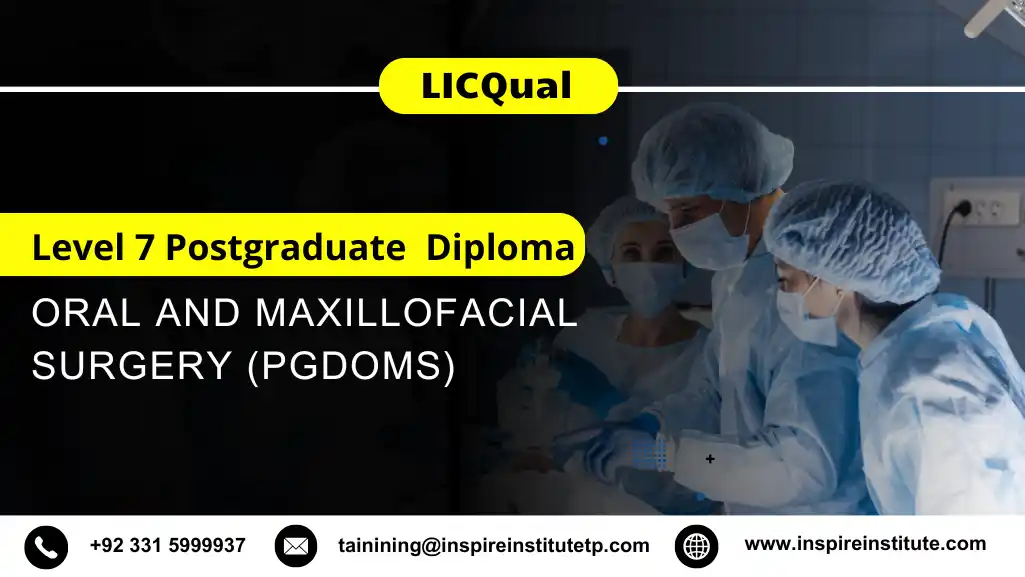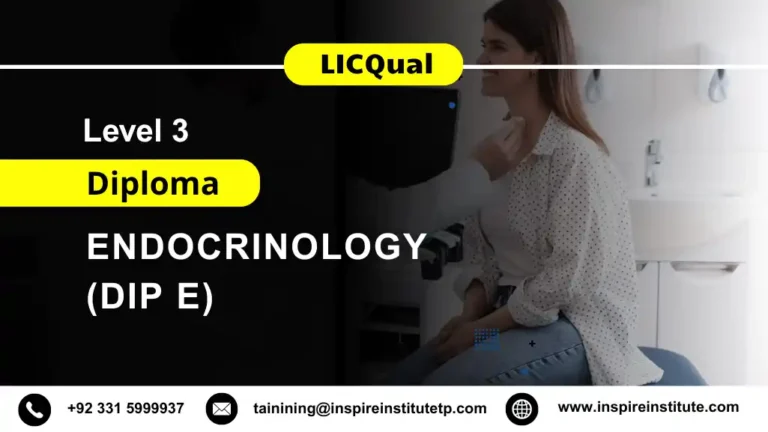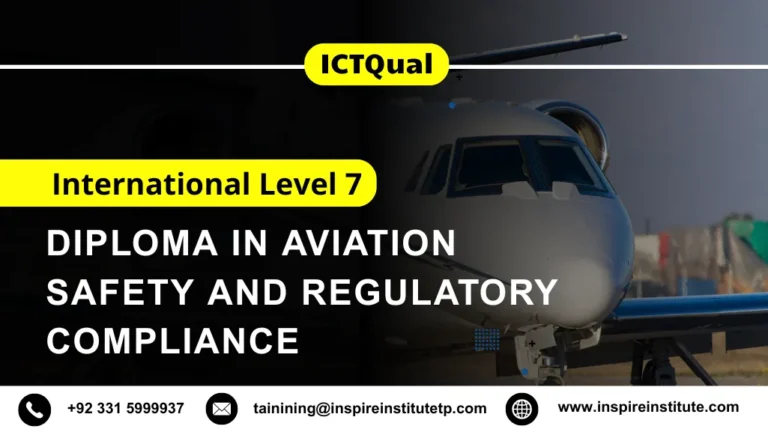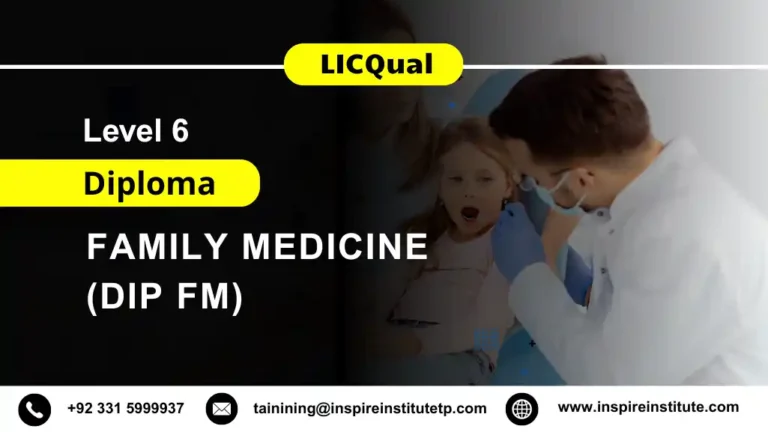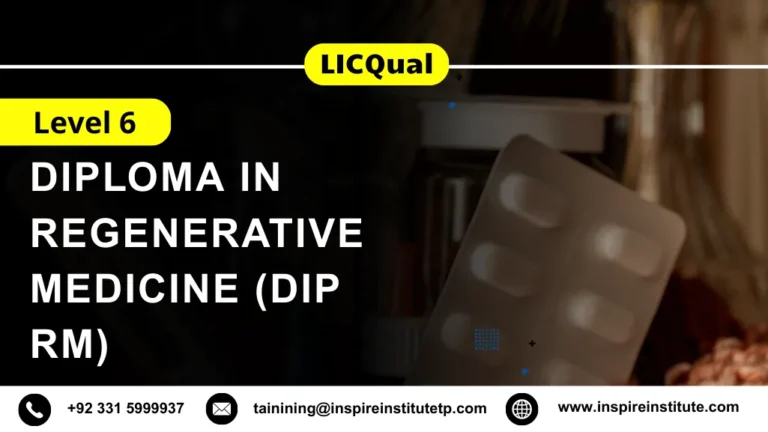LICQual Level 7 Postgraduate Diploma in Oral and Maxillofacial Surgery (PgDOMS)
The LICQual Level 7 Postgraduate Diploma in Oral and Maxillofacial Surgery (PgDOMS) is a UK-based, assignment-driven qualification meticulously designed for dental and medical professionals seeking advanced expertise in oral and maxillofacial surgical practice. This programme is tailored to equip practitioners with the critical knowledge, practical skills, and clinical judgement required to manage complex cases involving the face, jaws, oral cavity, and associated structures. It is particularly suited for surgeons, dental specialists, and healthcare professionals aiming to advance their career in this highly specialised field.
The PgDOMS course offers a comprehensive curriculum that bridges theoretical foundations with practical application. Learners gain a deep understanding of maxillofacial anatomy, pathology, trauma management, reconstructive techniques, and patient safety protocols. Emphasis is placed on evidence-based practice, surgical planning, and interdisciplinary collaboration, ensuring graduates are fully prepared to deliver high-quality patient care. The course also develops advanced diagnostic abilities, critical thinking, and surgical decision-making skills, enabling learners to assess and manage a wide range of oral and maxillofacial conditions effectively.
Delivered entirely through an assignment-based structure, the programme provides flexibility for working professionals while maintaining rigorous academic standards. Students engage in case studies, research projects, and reflective practice exercises that foster professional growth and enhance clinical competence. Upon completion, graduates are awarded a Level 7 Postgraduate Diploma, recognised within the UK qualifications framework, reflecting mastery of specialist knowledge and readiness for senior clinical roles.
The LICQual Level 7 Postgraduate Diploma in Oral and Maxillofacial Surgery (PgDOMS) stands out as an ideal choice for ambitious dental and medical practitioners committed to excellence in surgical care. It provides a blend of advanced theoretical learning, practical insight, and professional development, ensuring graduates can confidently contribute to complex clinical settings, improve patient outcomes, and progress their careers in oral and maxillofacial surgery.
Why Choose this Qualification
The LICQual Level 7 Postgraduate Diploma in Oral and Maxillofacial Surgery (PgDOMS) is designed for dental and medical professionals who wish to specialise in advanced oral and maxillofacial surgical care. This qualification provides essential knowledge and practical skills to manage complex facial, oral, and jaw-related conditions, enhance clinical practice, improve patient outcomes, and gain recognition in the field of oral and maxillofacial surgery. It is ideal for those looking to develop expertise in complex surgical procedures while achieving a flexible, UK-accredited postgraduate diploma.
Key Reasons to Choose this Qualification
- Specialist Knowledge: Gain an in-depth understanding of oral and maxillofacial anatomy, pathology, diagnostics, trauma management, and advanced surgical techniques.
- Practical Application: Develop the confidence to assess, diagnose, and manage complex oral and maxillofacial cases effectively in clinical settings.
- UK-Accredited Diploma: Achieve a recognised postgraduate qualification that strengthens professional credibility, specialist recognition, and career opportunities.
- Flexible Learning: Benefit from an assignment-based format that allows learners to study at their own pace while balancing professional commitments.
- Evidence-Based Training: Learn current research-driven practices and modern surgical approaches aligned with professional standards.
- Career Growth: Open opportunities to progress within specialist dental and medical practices, hospitals, academic institutions, and research environments.
- Enhanced Patient Care: Improve the ability to provide safe, effective, and patient-centred surgical treatments that positively impact oral, facial, and overall health outcomes.
- Professional Development: Strengthen critical thinking, clinical decision-making, and reflective practice to advance expertise and interdisciplinary collaboration.
This diploma equips learners with the advanced knowledge and skills required to manage complex oral and maxillofacial surgical cases, making it an excellent choice for dental and medical professionals seeking career progression, clinical excellence, and specialist recognition in oral and maxillofacial surgery.
Course Overview
LICQual UK Awarding Body
Average Completion Time:
6-24 Months
Study Units: 6 Units
Evidence & Assignment Based
Mandatory Units
Who Should Take This Course
The LICQual Level 7 Postgraduate Diploma in Oral and Maxillofacial Surgery (PgDOMS) is tailored for dental and medical professionals who want to enhance their expertise in diagnosing, managing, and surgically treating complex oral and maxillofacial conditions. This qualification is ideal for practitioners aiming to develop advanced clinical skills, adopt evidence-based surgical practices, and gain recognition in the specialised field of oral and maxillofacial surgery. It provides the knowledge and competencies needed to deliver high-quality patient care while supporting professional growth and career progression.
This course is suitable for:
Dental Surgeons: Practitioners seeking to expand their knowledge of oral and maxillofacial anatomy, pathology, diagnostics, trauma management, and advanced surgical techniques.
Medical Doctors and Surgical Trainees: Professionals aiming to strengthen their skills in managing complex facial and jaw-related surgical cases, reconstructive procedures, and surgical planning.
Oral and Maxillofacial Surgery Residents: Trainees looking to supplement their clinical training with advanced theoretical knowledge and hands-on case-based learning.
Healthcare Professionals in Specialist Settings: Team members working in hospitals, surgical clinics, or interdisciplinary teams who want to enhance clinical decision-making and patient management in maxillofacial care.
Aspiring Specialists: Learners preparing for careers in oral and maxillofacial surgery who want to build a strong foundation in advanced surgical practices early in their career.
Experienced Practitioners: Professionals aiming to update their skills, integrate modern surgical approaches, and improve patient outcomes in complex oral and facial cases.
Academic and Research Professionals: Individuals interested in pursuing research or academic roles in oral and maxillofacial surgery, contributing to evidence-based practice and surgical innovation.
This course is particularly valuable for dental and medical professionals who wish to provide advanced, evidence-based oral and maxillofacial surgical care while earning a UK-accredited postgraduate qualification that enhances clinical expertise, professional credibility, and career advancement.
Course Benefits
The LICQual Level 7 Postgraduate Diploma in Oral and Maxillofacial Surgery (PgDOMS) is designed for dental and medical professionals who wish to specialise in advanced oral and maxillofacial surgical care. This UK-accredited programme equips learners with a combination of in-depth theoretical knowledge and practical skills, enabling them to manage complex facial, oral, and jaw-related conditions effectively. Completing this diploma enhances professional credibility, improves patient outcomes, supports career progression, and provides the expertise required to excel in specialised oral and maxillofacial surgical practice.
Key Benefits of the Course
- Advanced Specialist Knowledge:Gain comprehensive understanding of oral and maxillofacial anatomy, pathology, diagnostics, trauma management, and advanced surgical techniques. This ensures competence in managing complex surgical cases safely and effectively.
- Practical Skill Development:Apply theoretical knowledge through clinical case studies, surgical planning exercises, and hands-on assignments. These experiences strengthen real-world clinical skills and build confidence in performing advanced procedures.
- UK-Accredited Qualification:Earn a recognised postgraduate diploma that validates professional expertise, enhances credibility, and improves career opportunities within specialist clinical, academic, and research settings.
- Evidence-Based Practice:Learn research-driven surgical approaches and integrate evidence-based best practices into patient care. Develop critical thinking and clinical decision-making skills to optimise treatment outcomes.
- Enhanced Patient Care:Deliver safe, effective, and patient-centred surgical treatments for complex oral, facial, and jaw-related cases. Improve overall patient outcomes through advanced surgical competence.
- Career Advancement:Access opportunities in specialist dental and medical practices, hospitals, academic institutions, and research environments. Strengthen professional recognition and open pathways to leadership roles in oral and maxillofacial surgery.
- Flexible Learning:Benefit from an assignment-based learning structure that allows you to study at your own pace while balancing professional commitments, making the programme ideal for working professionals.
- Professional Development:Enhance reflective practice, interdisciplinary collaboration, and overall clinical competence. Strengthen decision-making, problem-solving, and leadership skills to advance your professional career.
The PgDOMS equips dental and medical professionals with advanced surgical knowledge, practical expertise, and professional recognition, making it an ideal choice for those pursuing clinical excellence, career progression, and specialist status in oral and maxillofacial surgery.
Eligibility Criteria
The LICQual PgDOMS is a UK-accredited postgraduate programme designed for dental and medical professionals seeking to specialise in oral and maxillofacial surgery. To ensure learners gain the maximum benefit from this advanced course, candidates are expected to meet specific academic, professional, and language requirements. These prerequisites guarantee that participants have the foundational knowledge, practical experience, and technical competencies necessary to successfully complete the programme and apply advanced surgical skills in clinical practice.
Educational Background –Candidates should hold a recognised degree in dentistry or medicine from an accredited institution. Relevant postgraduate qualifications in dental or medical sciences are advantageous but not mandatory. Applicants must demonstrate a strong understanding of basic surgical principles and clinical practice.
Professional Experience –Applicants are expected to have professional experience in dentistry, oral surgery, or related medical fields. Practical experience in clinical or surgical settings ensures that learners can relate theoretical concepts to real-world patient care and complex surgical scenarios.
Age Requirement – Learners must be 21 years or older at the time of enrollment.
Language Proficiency –As the programme is delivered in English, candidates must demonstrate proficiency in written and spoken English. This ensures effective communication during assessments, assignments, case studies, and professional interactions. IELTS, TOEFL, or equivalent qualifications may be required for non-native English speakers.
Technical Requirements -Competence in standard dental or surgical procedures is required. Learners should be familiar with patient assessment, diagnostic techniques, treatment planning, and basic surgical instruments and protocols. This technical foundation allows participants to engage effectively with advanced oral and maxillofacial surgical training..
Required Documents – Submission of a valid ID or passport and proof of educational qualifications is necessary for registration.
The Qualification Process
LICQual Level 7 Postgraduate Diploma in Oral and Maxillofacial Surgery (PgDOMS) follows a structured pathway to ensure learners gain comprehensive knowledge, practical skills, and professional competence in community oral healthcare.
Step 1: Self-Assessment
Learners review the entry requirements to confirm eligibility. Candidates with a background in dentistry, oral health, or public health are encouraged to apply.
Step 2: Registration
Complete the registration process by submitting required documents such as proof of qualifications, a valid ID, and payment of enrollment fees.
Step 3: Induction
An induction session is conducted to:
- Verify learner eligibility and documentation.
- Introduce study materials, learning outcomes, and assessment procedures.
Step 4: Learning and Evidence Submission
Learners complete assignments, case studies, and practical exercises demonstrating competence in public health dentistry, community oral health assessment, preventive strategies, and program planning.
Step 5: Feedback and Revision
Assessors review submitted evidence and provide constructive feedback. Learners can revise and resubmit work to meet all required standards.
Step 6: Competence Validation
Final submissions are evaluated to confirm that learners have met all theoretical and practical learning outcomes.
Step 7: Internal Quality Assurance (IQA)
The IQA team reviews the assessment process to ensure accuracy, fairness, and compliance with international standards.
Step 8: External Verification (EQA)
External verifiers validate the authenticity and quality of learner achievements.
Step 9: Certification
LICQual Level 7 Postgraduate Diploma in Oral and Maxillofacial Surgery (PgDOMS),demonstrating advanced proficiency in community oral healthcare and preparing them for professional growth in dental public health, preventive dentistry, and healthcare policy.

